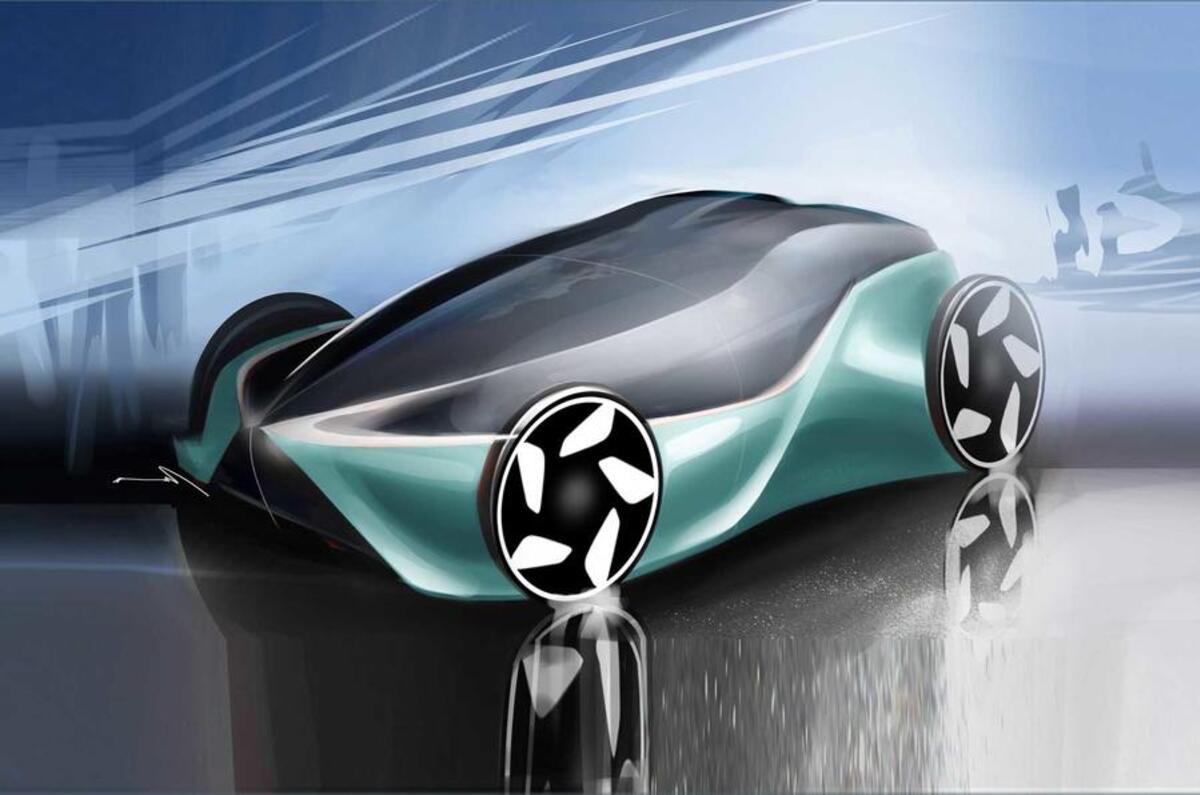Toyota is working on an electric car powered by 'solid state' battery technology that can drastically improve driving range and shorten recharging times, according to a report in Japan.
According to the Chunichi Shimbun daily newspaper, the vehicle - which will be based on a new platform - will go on sale in 2022. The paper says that the car maker is working on all-solid-state batteries, a recently developed technology that uses solid electrolytes rather than liquid ones, enabling a higher volumetric energy density than more conventional lithium-ion batteries.
Experts in battery technology claim that the most advanced all-solid-state batteries could be capable of reducing recharging times to less than an hour, which would be a major improvement on the several hours required to fully charge today’s lithium-ion batteries using conventional charging equipment. Studies have shown that solid state batteries can hold more than three times the energy of lithium-ion ones and are said to also have a longer useful life.
Toyota won't confirm the prospect of a production car using this technology, but a spokesman told Autocar that research was taking place.
"It is considered that all-solid batteries are the most close to the level of practical application," they said. "We are working on research and development, including the production engineering of all-solid batteries to commercialise them by the early 2020s".
Late last year the car maker confirmed its intentions to invest in battery-electric technology by opening a new electric vehicle division. It has since told Autocar that while progress in solid state batteries is being made, they are not yet to replicate the success of lab tests in practice.
"These various next generation batteries have high potential," continued the spokesman. "However they have some challenges and have not reached the level of the current liquid batteries. They are at the stage where they could prove performance in principle in the laboratory and we need a breakthrough for practical use, therefore we need further research and development for these batteries."
Toyota's first battery-electric vehicle, due in 2020, will be capable of travelling more than 186 miles on a single charge, although that car is expected to use more conventional lithium-ion batteries and will pave the way for the first all-solid-state battery car to arrive two years later.




Join the debate
Add your comment
Promising promise
How's the old tech Litihium
How's the old tech Litihium Ion battery tech ( invented by Sony over 20 years ago) in current Tesla ?
How much of a Tesla car is batteries ?
Some answers
How well is it doing, I suppose the same as the one in Toyota Prius (Toyota switched to Lithium ion well after Telsa by the way)
How much of a Telsa car is batteries, to dumber question to answer
xxxx wrote:
It's actually quite an easy question to answer. Tesla CTO and co-founder JB Straubel has been quoted as saying the cost of the batteries is "less than a quarter" of the cost of a Model S, although he also qualified it with "in most cases". So presumably for the price of the battery alone in a Model S P100D (which, with all the options ticked, currently costs £149,050), you could buy a very nice S Class. And with the rest of the money you saved, you could buy a small villa in Spain. Terrific value, isn't it.
steve-p wrote:
When he said "how much" maybe he mean't weight. Spliting the price apart is dumb anyway the cost of a V8t engine (VW?) in a £150,000'ish, with all the options ticked, Panamera is probably a quarter, or less. Terrific value??
I hope they're right
The possibility of a significant improvement in charge and run times by a change in battery chemistry can't be a bad thing. It would be an important development, if the remaining problems are surmountable, and manufacture can be cost effective.